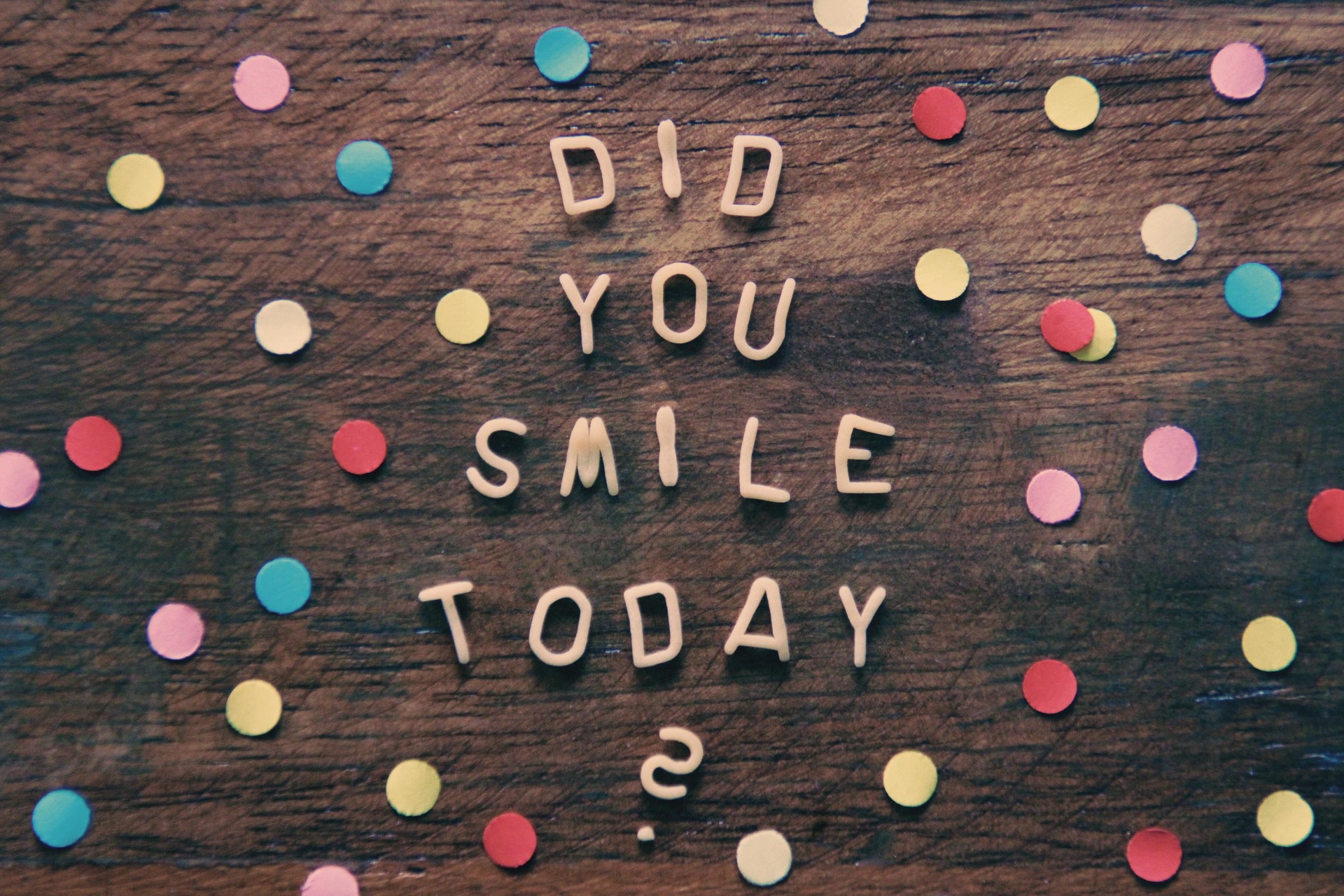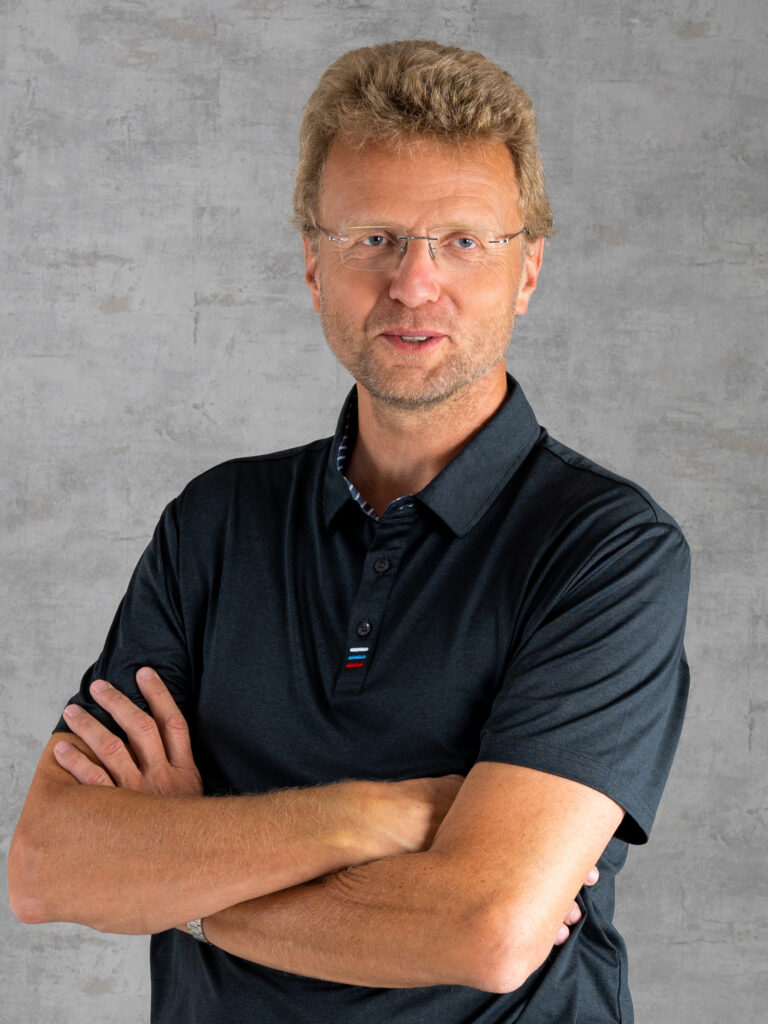Or: How you can discover that everything you need is already there...
Do you sometimes feel like you’ve achieved a lot, but something still feels off? Maybe you catch yourself wondering: “Is this all there is?” Or maybe you’re just going through the motions, functioning – but not really living.
I know that feeling all too well. I’ve lived through it. From being a priest to becoming a top executive, from seeking to finding – I’ve experienced what it’s like to have everything and still feel empty. But I’ve also learned that real happiness doesn’t come from the outside. It starts within.
This article is about exactly that: how to stop looking for happiness out there, and start discovering it right where you are – in yourself.
1. Self-Connection Over Self-Optimization
We live in a world obsessed with self-improvement. “Be better,” “Be more productive,” “Achieve more” – those are the mantras. But the more we focus on optimizing, the more we lose touch with who we really are. Instead of asking, “What do I need right now?” we ask, “What do others expect of me?”
That’s how we end up feeling disconnected and empty. We’ve adapted so much to the outside world that we forget who we are underneath it all.
Example: Let’s say you’re feeling stressed and overwhelmed, but instead of pausing, you push harder – trying to tick one more thing off your to-do list. Somewhere deep inside, your body is crying for rest, but you ignore it. Sound familiar?
Try this: take a moment to really listen to your body. Sit down, take a few deep breaths, and ask yourself: “Where do I feel tension? What is my body trying to tell me?” Reconnecting with your body can be a powerful first step back to yourself.
2. Your Mindset Shapes Your Reality
We often try to change our lives without changing the way we think. We set goals, build routines – and then get stuck. Not because we’re lazy or unmotivated, but because our internal system is still running on outdated beliefs like “I’m not enough” or “People like me don’t do that.”
Your mindset is the silent driver behind every decision. It defines what you believe is possible for you – and what isn’t.
Example: You want to launch a new project, but that little voice says: “You’re not the kind of person who can pull this off.” So you don’t even try. That voice? It’s not truth – it’s an old story.
Try this: start noticing the thoughts that hold you back. Jot them down, especially during moments of doubt. Then ask yourself: “Would I ever say this to a friend?” Chances are, the answer is no. So why say it to yourself?
3. Happiness Isn’t a Reward – It’s a Choice
We’re often taught that happiness comes after achievement: the right job, the right partner, the right life. But what if happiness isn’t something we earn later – what if it’s something we can choose now?
Example: Imagine you’ve had a rough day. Work was a mess, you’re exhausted. It’s tempting to label the whole day as a failure. But what if, even in that moment, you decided to notice something good – maybe your favorite song playing, a smile from someone, or just the taste of your coffee? Tiny choices like that can shift everything.
You don’t have to wait for a perfect life to feel joy. Joy can exist right alongside the mess.
4. Hard Times Aren’t the End – They’re a Doorway
We all go through difficult seasons – heartbreak, burnout, loss. It’s easy to feel like the world is falling apart. But what if those moments are actually an invitation to grow?
Example: Say you lose your job or go through a painful breakup. Sure, it hurts. But with time, you may realize that this break gave you space to reimagine your life – to ask questions you never dared to ask before. Many people find their purpose through what once felt like collapse.
Instead of asking, “Why me?”, try asking: “What is this moment asking me to see differently?”
5. Relationships Reflect – They Don’t Complete You
We often think of relationships as something to “fix.” But what if the real work isn’t in changing others, but in noticing what our relationships reflect about us?
Example: If you constantly attract people who don’t respect your boundaries, that might say more about your own boundaries than theirs. Maybe you struggle to say no, or you feel guilty for taking up space. That’s not a people problem – it’s a self-connection issue.
Start by tuning into your needs. Practice expressing them honestly – even if it feels awkward. Over time, your relationships will begin to reflect this new self-respect.
6. Abundance Starts With Perspective, Not Your Bank Account
You can have money, success, even admiration – and still feel poor. Why? Because abundance isn’t just about what you have. It’s about how you see what you have.
Example: You might look at your life and think: “I don’t have enough.” But look closer. Do you have food, shelter, someone who cares about you? Then you already have so much more than you think. The trick is shifting from “not enough” to “already enough.”
Gratitude isn’t fluffy – it’s radical. It changes how you experience life.
7. Spirituality Can Be Quiet, Simple, and Everyday
You don’t need to be a monk or meditate on a mountaintop to live spiritually. Spirituality isn’t about escaping the world – it’s about being more fully in it.
Example: Take 60 seconds in the morning to sit in silence. Feel your breath. Place your hand on your heart. That’s spiritual. Or pause before a meal to say, “Thank you.” That counts too.
Spirituality is just about remembering: you are part of something bigger. And that “something” is always right here.
Final Thought
A meaningful life doesn’t come from chasing more. It comes from tuning in to what’s already here – inside you. It’s about reconnecting with yourself, shifting the way you think, and choosing how you show up in the world.
You don’t have to search for happiness. It’s not lost.
It’s waiting for you – in this moment, in your breath, in your body, in your truth.
If you want to know how to achieve this in your everyday life, write to me.
I am sure that deep happiness is already inside you and is just waiting to be revealed even more!



